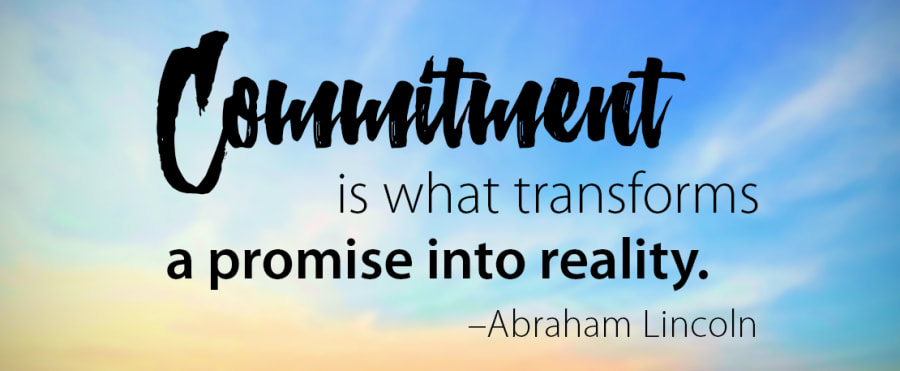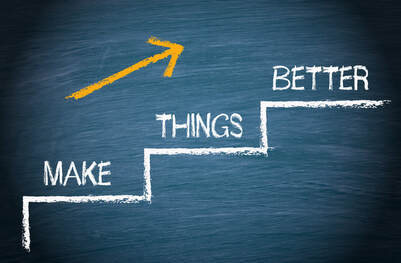- Fear of regret
- Fear of missing out
- Fear of association
- Pete Davis, Author of Dedicated: The Case for Commitment in an Age of Infinite Browsing
- Tuned Out: We must work to strengthen volunteer engagement across our non-profit organizations to allow them to do the most good for their members and the world.
- To Be Rather Than To Seem
- Why You Should Get Involved in Things Outside Work/Lab
- Compounded Returns: Growing Your Network and Personal Brand




 RSS Feed
RSS Feed